Employers complain that graduates are not ready for work. Stanford University studies indicate students are overloaded and under-prepared. So exactly what should we teach young people in an age where Dr. Google has an answer for everything? Humans are living longer; the traditional professions disappear while new ones are created; international mobility is drastically increasing population diversity; terrorism, environmental threats and inequality need our collective attention; and robots and gene editing are coming, requiring us to re-examine the very core of what it means to be human. According to the Center for Curriculum Redesign (CCR), “We must deeply redesign curriculum to be relevant to the knowledge, skills, character qualities, and meta-learning students will need in their lives.”
The Global Teacher Bloggers are pioneers and innovators in fields such as technology integration, mathematics coaching, special needs education, science instruction, and gender equity. They have founded schools, written curricula, and led classrooms in 16 different countries that stretch across every populated continent on earth. This month we asked them to weigh in on this important question: Do you believe curriculum needs to be more relevant for a 21st century world? If you had the power to change the school curriculum, what would you change?
“Yes, the world is changing. I would say shrinking day by day,” writes Rashmi Kathuria (@rashkath) in India. With the advent of technology, new tools of teaching and learning, the entire education system needs revamping. We need to develop a generation of critical thinkers, collaborators, communicators, environmentalists and ethical IT users.” Read More.
“The answer is to focus on timeless skills rather than cherry-picking based on predictions of employers’ needs,” writes Adam Steiner (@steineredtech). “School should not be all about spreadsheets, word processing, and keyboarding even if we address these basic technical skills. Even programming can be framed as job preparation to the detriment of creativity and flexibility.” Read More.
“My curriculum would be based on passion projects, aimed at gaining knowledge and abilities, but also at discovering whatever fires a student’s heart,” writes Elisa Guerra Cruz (@ElisaGuerraCruz,) in Mexico. “Enlightening the mind would be hand in hand with caressing the spirit. Each child or teenager would have the liberty and responsibility of choosing his or her own educational path.” Read More.
“We need to put more emphasis on life-long learning skills than on curriculum content,” writes Craig Kemp (@mrkempnz) in Singapore. “We need to teach our students HOW to learn and HOW to adapt to change. We need to teach them how to be empathetic in a world that is often negative and judgmental. So many real-life skills that as teachers we just don’t have time for.” Read More.
“The New Zealand curriculum is focused on developing capabilities in young people rather than particular content and topics,” writes Richard Wells (@EduWells). “It is a short document of just 40 pages that acts as a general framework and asks each school to develop it’s own ‘local curriculum’ that best meets the needs of it’s specific learners. It also encourages schools to involve the learners in negotiating curriculum based on their own needs and interests.” Read More.
Maarit Rossi (@pathstomath) from Finland wonders if all classrooms might need a common global curriculum? “This generation will live in global village – we need to know the best education politics, latest knowledge of learning and learning practices to prepare them ready for the future!” Read More.
“The content of the news in the last few months, and indeed years, provide clear and loud evidence for the fact that our education system is failing,” writes Miriam Mason-Sesay (@EducAidSL). Division, hatred and bigoted fearfulness are fostered seemingly unchallenged, and our education system has not prepared our youngsters to evaluate the veracity of so many claims. We need to focus on developing the values of integrity, resilience, a good work ethic and most importantly kindness in order to truly prepare our students for life ahead.” Read More.
“In previous centuries, students had to build their own Google. In other words, they learned and built their own knowledge base,” writes Vicki Davis (@coolcatteacher). “To expand their knowledge, they had to assemble a library and know how to find books in it. The focus was on learning. Now, it seems to be on finding. But it shouldn’t be. We need to teach people how to think.” Read More.
“How relevant is the Philippine basic education curriculum now, given the fact that, with all honesty, the Philippine education system has been lagging behind the more progressive nations for years?” writes Jim Tuscano (@jimtuscano), who takes us on a “quest for relevance” as he reflects on what ingredients actually make a 21st century curriculum relevant. Read More.
“If we were starting the American school system from scratch today, knowing what skills our students will need, we could change the subjects and not base them on what big-time publishers want us to focus on with our students,” writes Carl Hooker (@mrhooker). “Building on some of the great work from FutureReady.org, the ISTE NETS for Students,” Carl proposes the development of 7 courses for every student. Read More.
“We must close the gaps that exist between our classrooms and the boardroom,” writes Nadia Lopez (@TheLopezEffect). “If our teachers don’t know what is required in a 21st century world beyond their classroom, how can they effectively prepare our scholars beyond their own limitations? It’s not just about having a school with the latest technology, but teaching children to solve problems, being adaptive, innovative, and accountable for their personal learning.” Read More.
The Top Global Teacher Bloggers is a monthly series where educators across the globe offer experienced yet unique takes on today’s most important topics. CMRubinWorld utilizes the platform to propagate the voices of the most indispensable people of our learning institutions – teachers.
(All pictures are courtesy of CMRubinWorld)
Top Row L to R: Adam Steiner, Shaelynn Fransworth, Pauline Hawkins, Kazuya Takahashi
2nd Row L to R: Elisa Guerra, Jasper Rijpma , C.M. Rubin, Carl Hooker, Warren Sparrow
3rd Row L to R: Nadia Lopez, Joe Fatheree, Craig Kemp, Rashmi Kathuria, Maarit Rossi
Bottom Row L to R: Jim Tuscano, Richard Wells, Abeer Qunaibi, Vicki Davis, Miriam Mason-Sesay
Join me and globally renowned thought leaders including Sir Michael Barber (UK), Dr. Michael Block (U.S.), Dr. Leon Botstein (U.S.), Professor Clay Christensen (U.S.), Dr. Linda Darling-Hammond (U.S.), Dr. MadhavChavan (India), Professor Michael Fullan (Canada), Professor Howard Gardner (U.S.), Professor Andy Hargreaves (U.S.), Professor Yvonne Hellman (The Netherlands), Professor Kristin Helstad (Norway), Jean Hendrickson (U.S.), Professor Rose Hipkins (New Zealand), Professor Cornelia Hoogland (Canada), Honourable Jeff Johnson (Canada), Mme. Chantal Kaufmann (Belgium), Dr. EijaKauppinen (Finland), State Secretary TapioKosunen (Finland), Professor Dominique Lafontaine (Belgium), Professor Hugh Lauder (UK), Lord Ken Macdonald (UK), Professor Geoff Masters (Australia), Professor Barry McGaw (Australia), Shiv Nadar (India), Professor R. Natarajan (India), Dr. Pak Tee Ng (Singapore), Dr. Denise Pope (US), Sridhar Rajagopalan (India), Dr. Diane Ravitch (U.S.), Richard Wilson Riley (U.S.), Sir Ken Robinson (UK), Professor Pasi Sahlberg (Finland), Professor Manabu Sato (Japan), Andreas Schleicher (PISA, OECD), Dr. Anthony Seldon (UK), Dr. David Shaffer (U.S.), Dr. Kirsten Sivesind (Norway), Chancellor Stephen Spahn (U.S.), Yves Theze (LyceeFrancais U.S.), Professor Charles Ungerleider (Canada), Professor Tony Wagner (U.S.), Sir David Watson (UK), Professor Dylan Wiliam (UK), Dr. Mark Wormald (UK), Professor Theo Wubbels (The Netherlands), Professor Michael Young (UK), and Professor Minxuan Zhang (China) as they explore the big picture education questions that all nations face today.
The Global Search for Education Community Page
C. M. Rubin is the author of two widely read online series for which she received a 2011 Upton Sinclair award, “The Global Search for Education” and “How Will We Read?” She is also the author of three bestselling books, including The Real Alice in Wonderland, is the publisher of CMRubinWorld, and is a Disruptor Foundation Fellow.
Follow C. M. Rubin on Twitter: www.twitter.com/@cmrubinworld


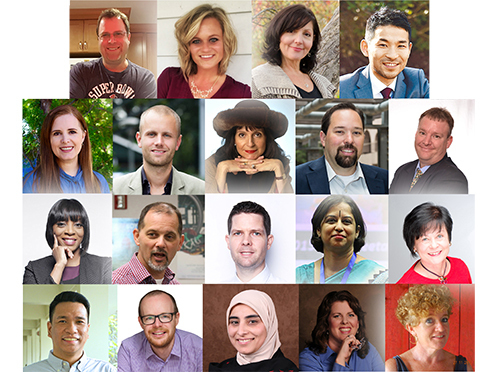

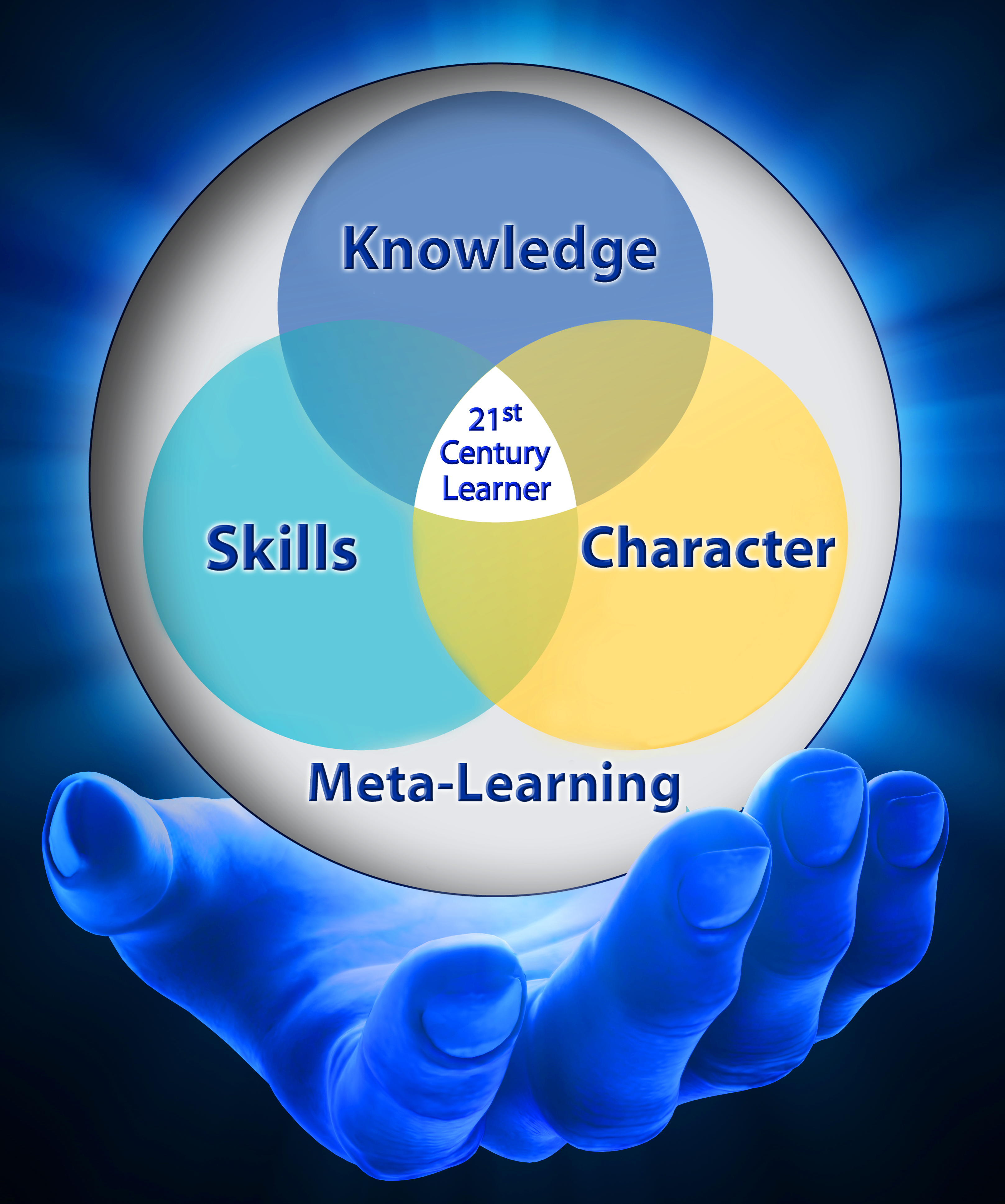
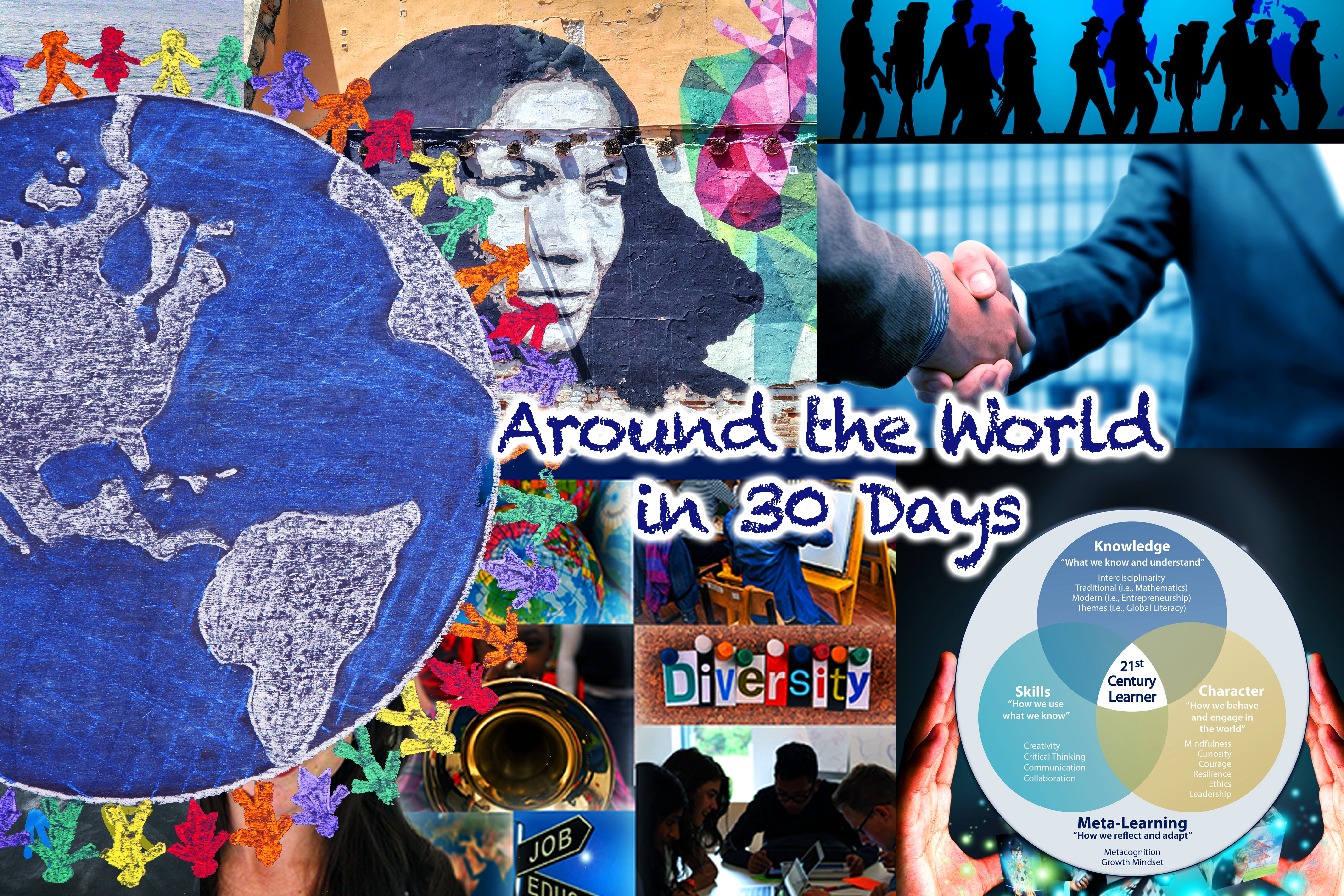
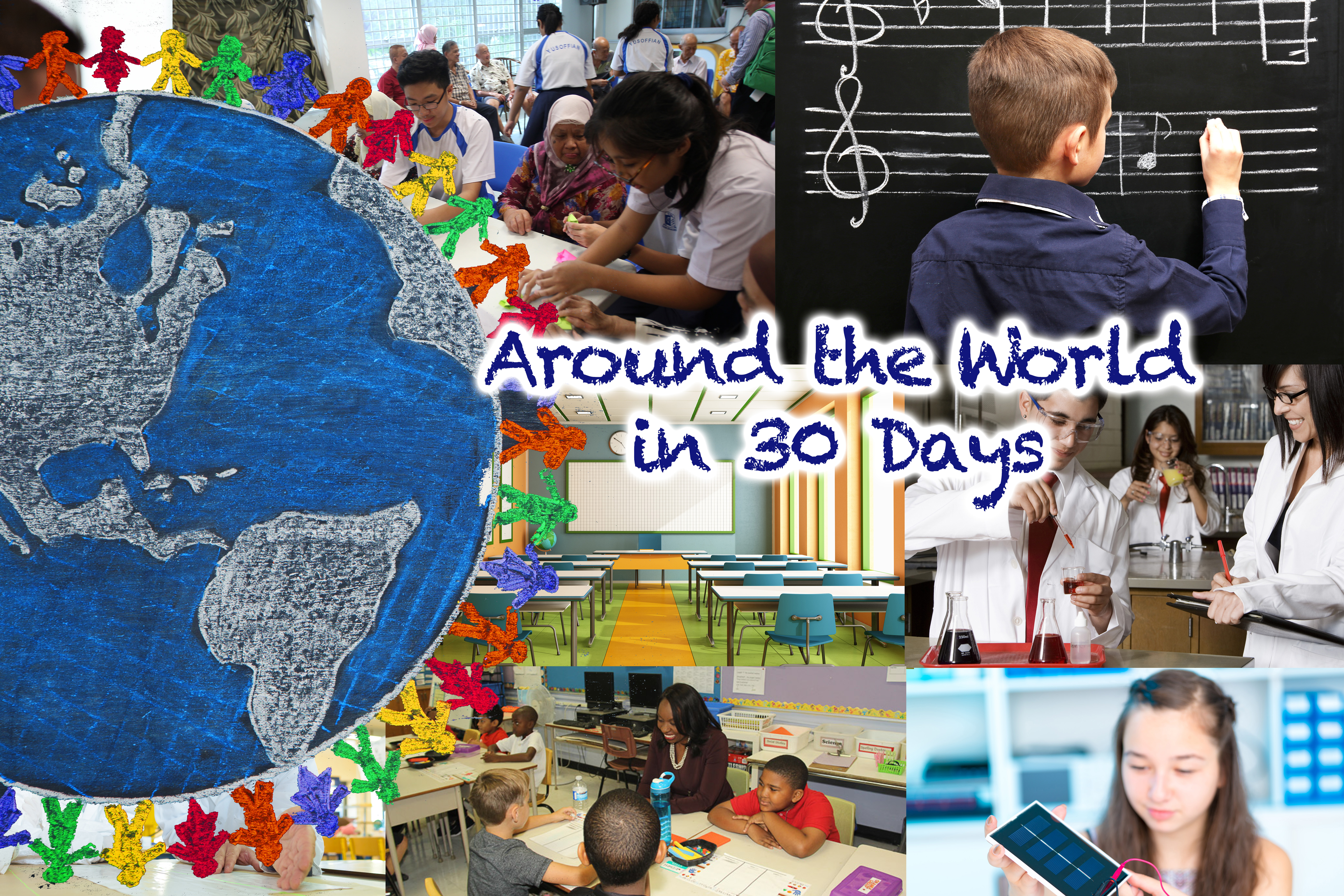
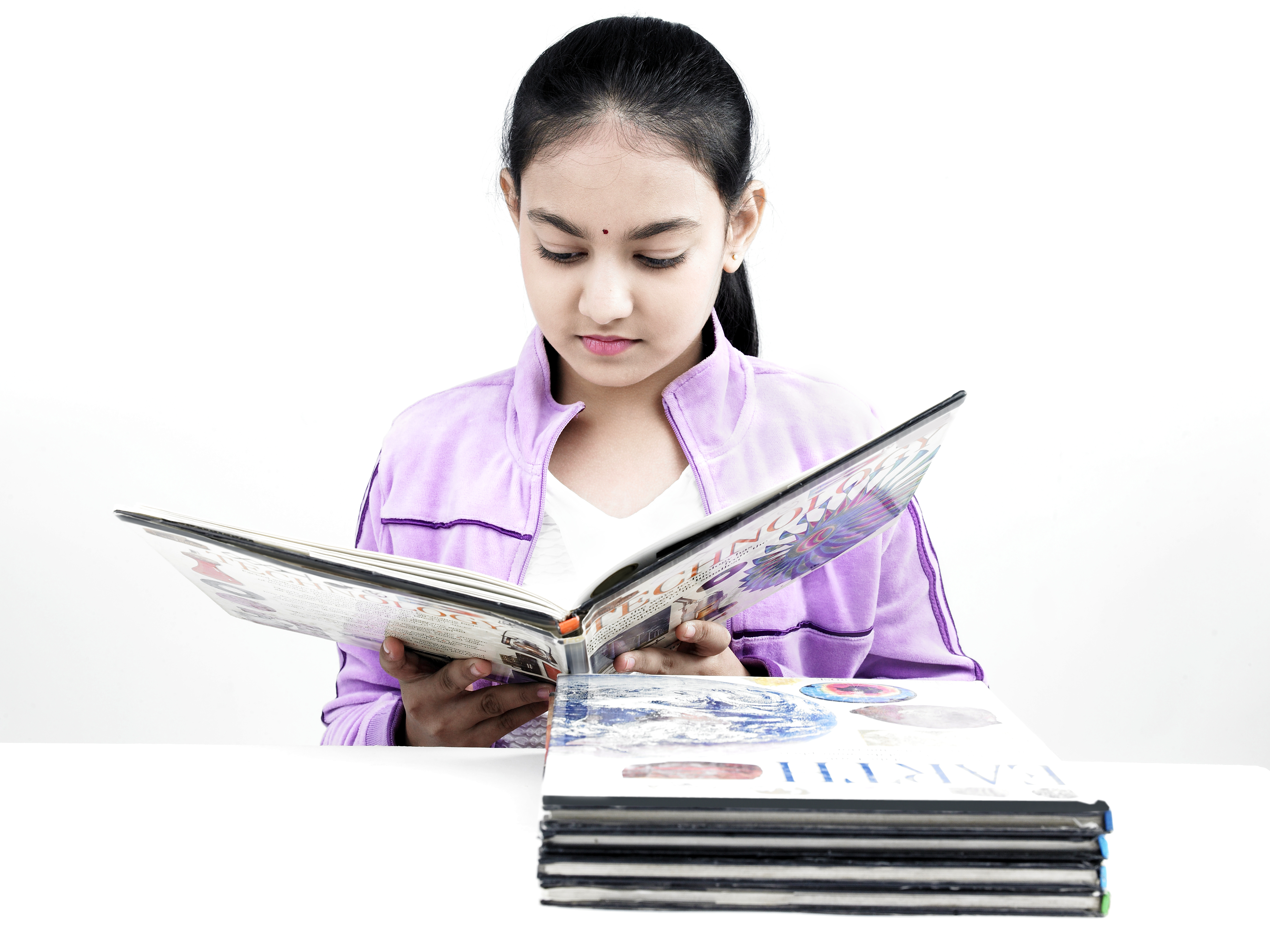
Recent Comments